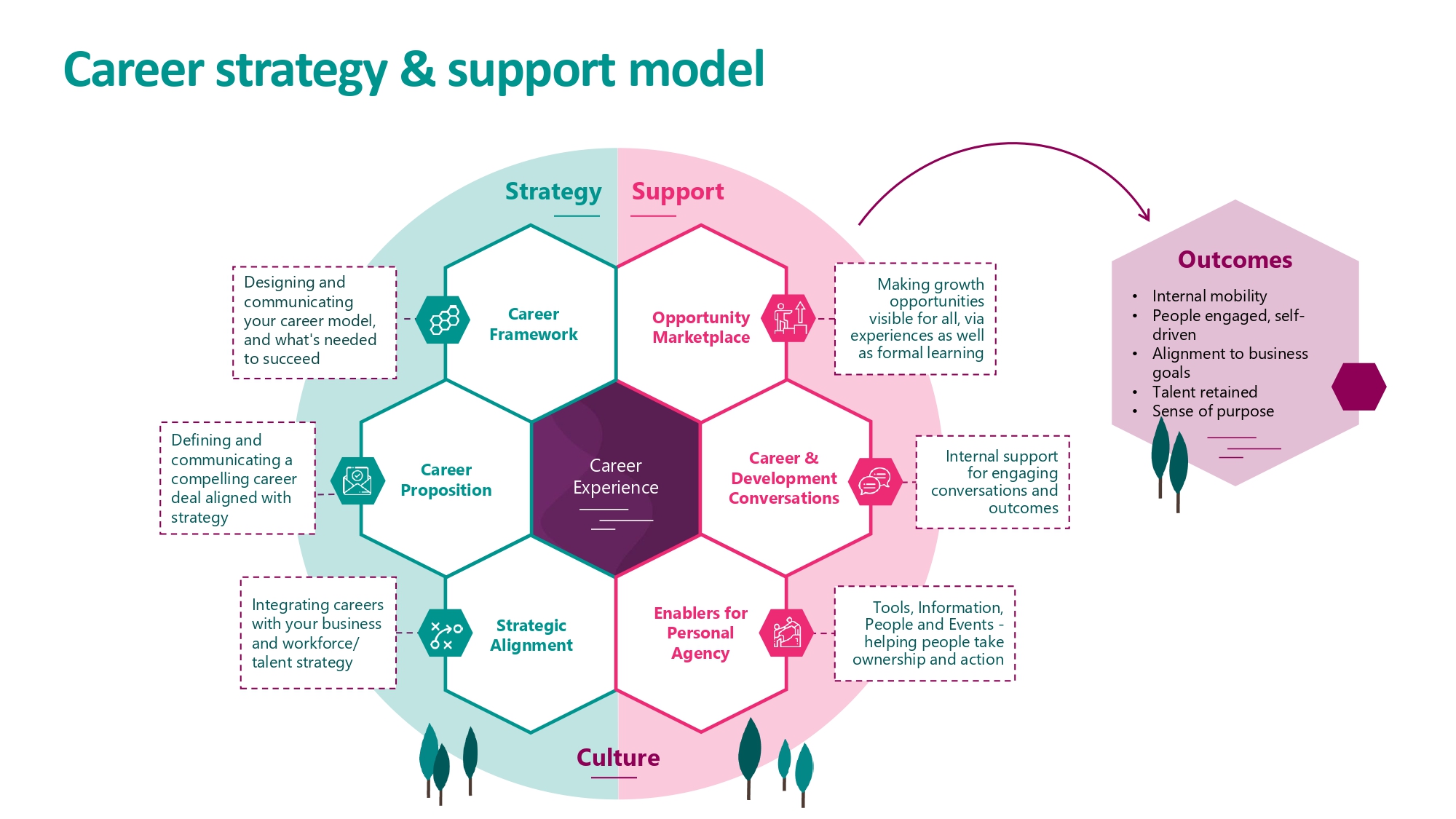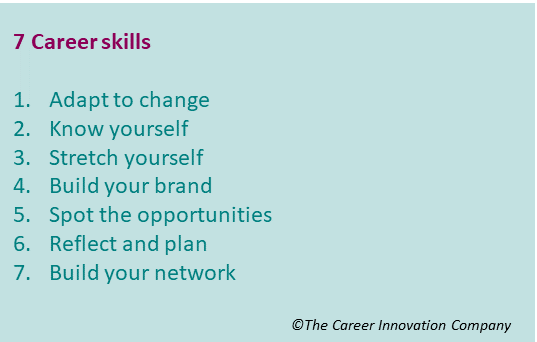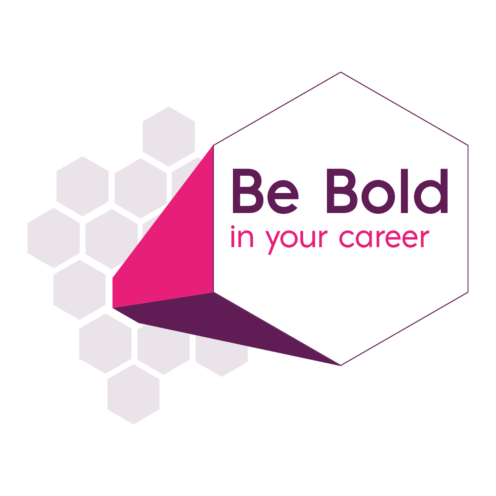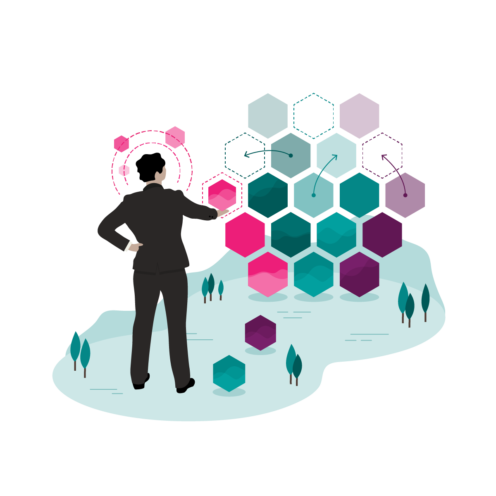The healthcare industry’s need for high-demand skills has driven a new approach to career development. Here is how one of our clients in the sector is helping employees to grow and develop.
Key Takeaways
- Career was a strategic priority in a sector with high-demand skills, where agility and mobility are essential for growth.
- Employee research revealed that career expectations were not always being met – a new approach to grow and develop employees was needed.
- Actions were prioritised to create a career strategy roadmap. This included building awareness, changing behaviour and shaping a new culture around career development.
- Taking a strategic approach to careers as part of an overall talent and learning strategy has had a far-reaching positive impact on employee and organisational growth.





